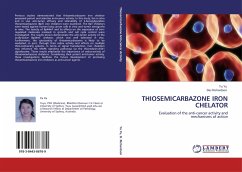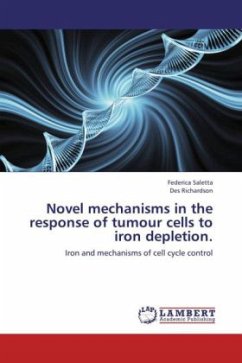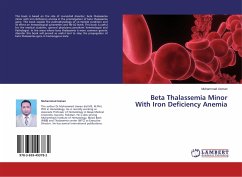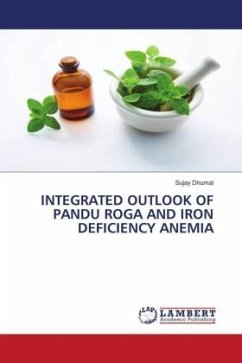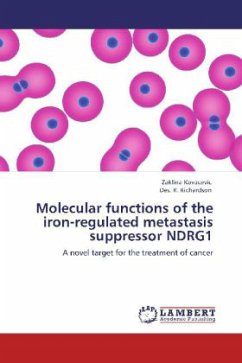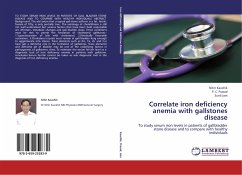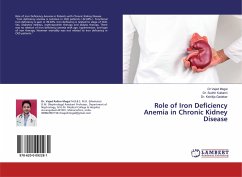Previous studies demonstrated that thiosemicarbazone iron chelator possessed potent and selective anti-cancer activity. In this study, the in vitro and in vivo anti-tumor efficacy and tolerability of 2-benzoylpyridine thiosemicarbazone (BpT) iron chelators were examined. The BpT chelators were tested against human lung cancer cells in vitro and tumor xenografts in mice. The toxicity of Bp44mT and its effects on the expression of iron-regulated molecules involved in growth and cell cycle control were investigated. The results shown demonstrate the anti-tumor activity of the orally-active Bp44mT chelator, which was well tolerated in vivo. Furthermore, the cytotoxicity of thiosemicarbazones is likely to be mediated, in part, through their redox activity and effects on multiple thiol-containing systems. In terms of signal transduction, iron chelation may influence the MAPK signaling pathways via the thioredoxin-ASK1 signalosome. These results emphasize the importance of redox-activity of thiosemicarbazone chelators. Considering their potent anti-tumor activity, these investigations facilitate the future development of promising thiosemicarbazone iron chelators as anti-cancer agents.
Bitte wählen Sie Ihr Anliegen aus.
Rechnungen
Retourenschein anfordern
Bestellstatus
Storno

